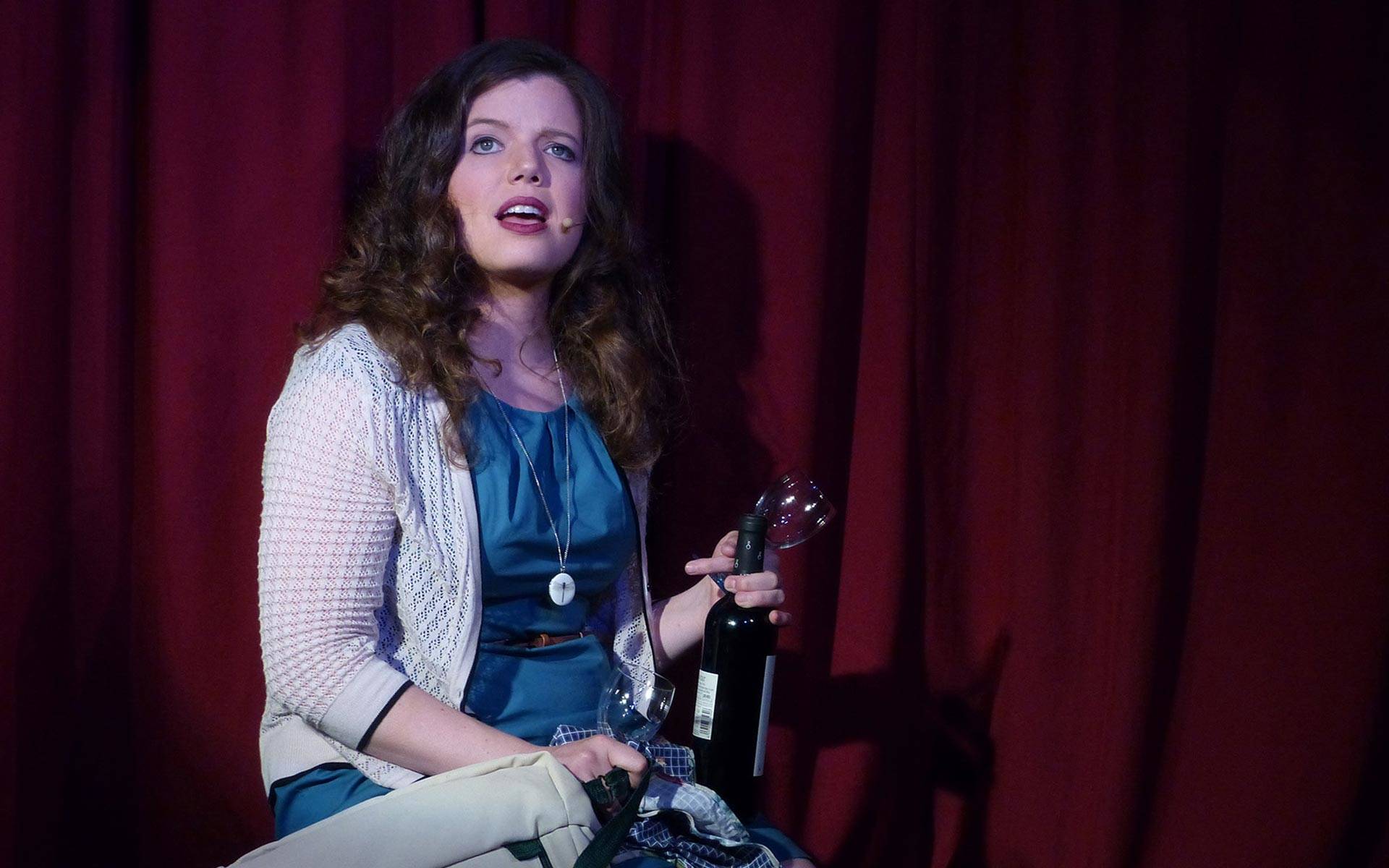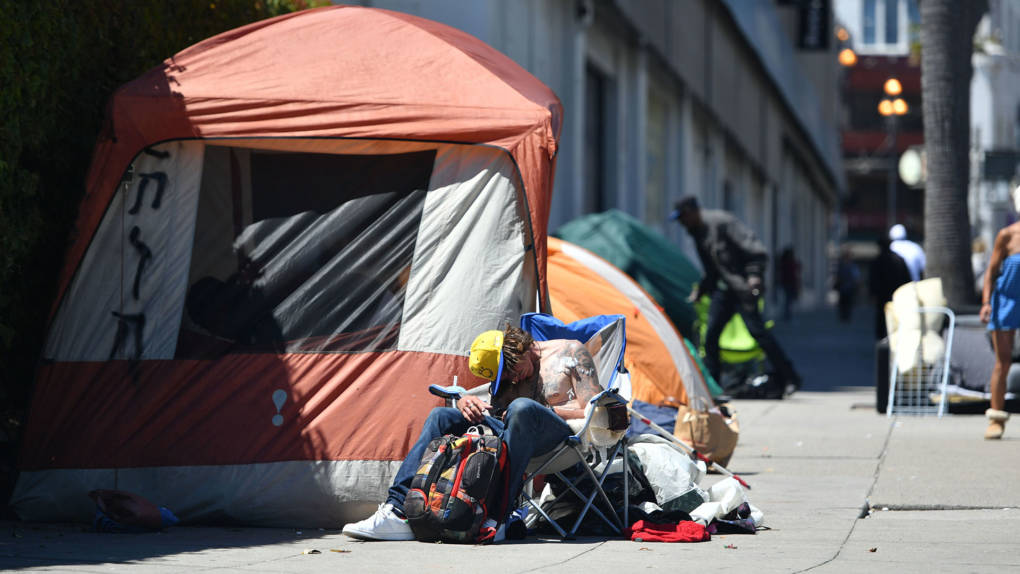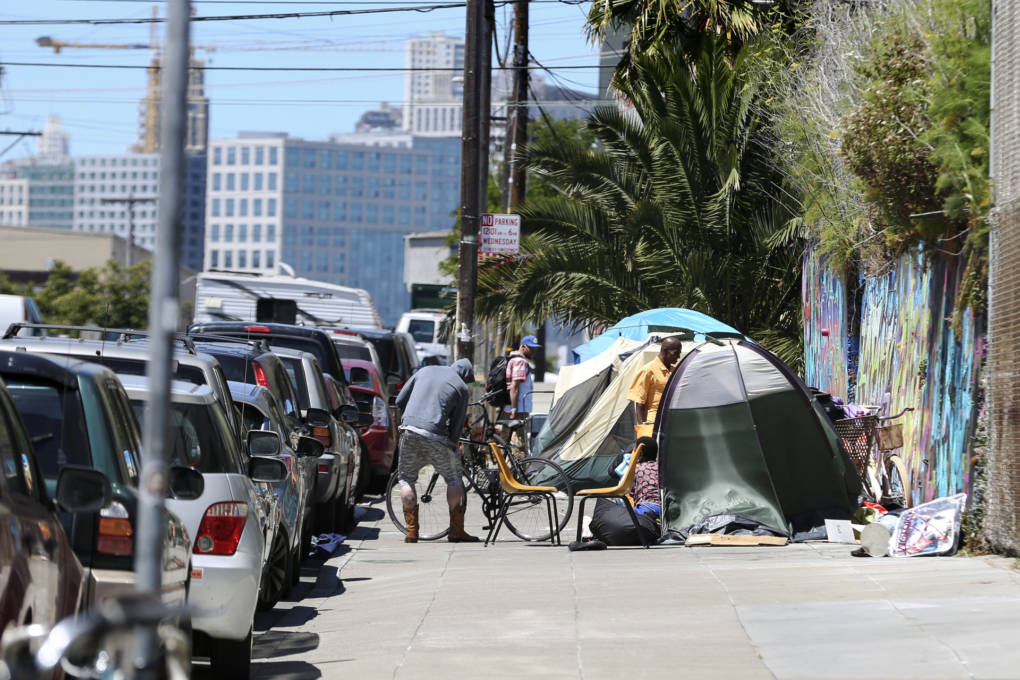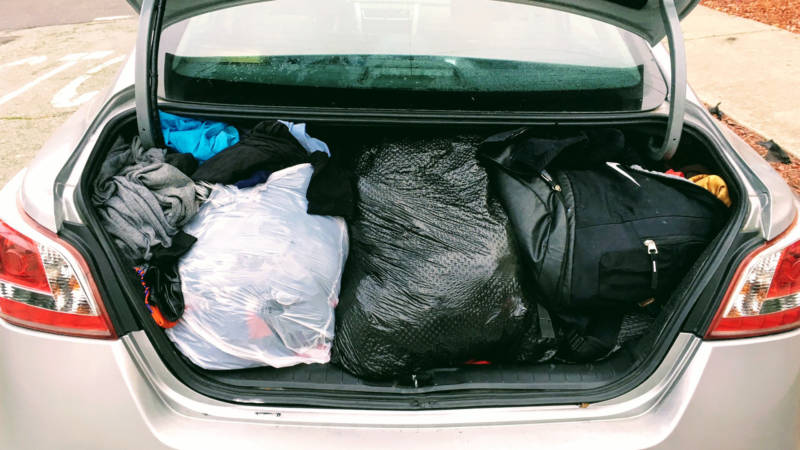When American mezzo-soprano Gwendolyn Kuhlmann returned to the United States after 10 years in Berlin, she found herself in a state of reverse culture shock.
She’d established a career in opera and married her husband in a country with extensive unemployment protections, federal family leave, universal healthcare and a robust programs for refugees. Newly settled in the Bay Area, however, she was appalled to find that such a wealthy region was home to thousands of unsheltered people living in sprawling, unsanitary tent encampments while luxury condos towered overhead—and that those who did have housing struggled to keep up with the rising cost of living.
Recognizing her relatively privileged position, Kuhlmann got to work. She began volunteering with a utility advocacy organization called Service Workers Project for Affordable Water and Utilities (SWPAWU), which helps people on the brink of having their water or power shut off navigate bureaucracy and manage payment plans. From there, she got involved with the San Francisco Coalition on Homelessness.








